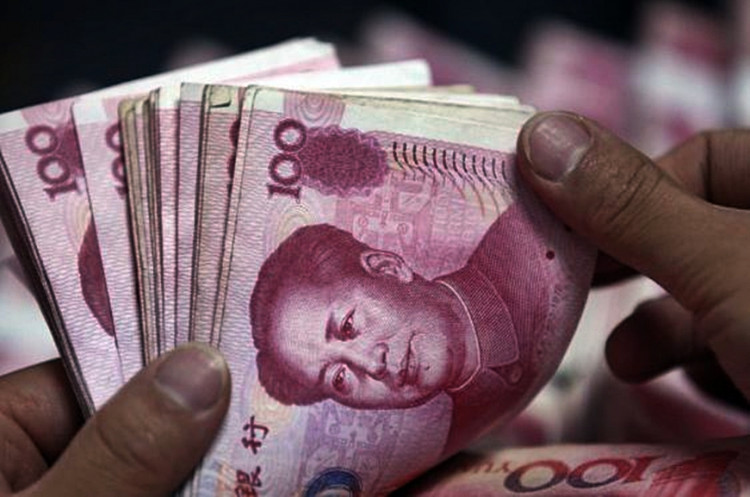Recent figures have revealed that world stock markets have posted more than two-week highs. This is despite the backdrop of the bitter trade war between China and the United States. As world stocks post impressive growth, the Chinese Yuan continues to stabilize.
Market insiders said that the trade war between the two of the world's biggest economies has started to somehow simmer down. Additionally, the Chinese central bank has also started to stabilize the Yuan in order to life some market anxiety regarding the currency's risk.
Reports revealed that the recent boost in the global stock market was jumpstarted by the positive mood of some European markets, more specifically the German and French markets. Stock markets in Frankfurt and Paris are up by 0.4 percent each. The British market, on the other hand, was closed due to a public holiday.
In the Asian market, shares outside of Japan went up by 1.1 percent. Coincidentally, the country's blue-chip Nikkei exchange closed at an impressive 10-week high. Overall, the MSCI All-Country World index, an index that tracks market shares in 47 countries, posted its highest level since Aug. 9.
The recent market stability was also boosted in part by the warming of U.S. and Mexican trade engagements. Trade negotiators from the two North American markets are reportedly close to reaching a common ground with regard to the North American Free Trade Agreement or NAFTA.
Regarding the NAFTA deal, Mexico's Economy Minister Ildefonso Guajardo describe the recent developments as "continued to make progress."
Talks about the NAFTA deal will resume on Monday and many market and political experts are expecting a more positive outcome. Insiders are expecting the talk to somehow ease the strained global trade tensions not only between the U.S. and Mexico but also between U.S. and China
Aside from positive moods in both the European and North American markets, a more stabilized Yuan has also helped in boosting global trade sentiments. The Chinese Yuan has posted a two-and-a-half week high versus the dollar thanks to the Central Bank's revival of the "counter-cyclical factor" when it comes to daily fixing.
This latest boost was seen as a signal from the People's Bank of China which has shown its discomfort when it comes to the depreciation of the Yuan. As a result of the Yuan recovery, many companies with significant dollar-denominated costs have boosted their stocks. China Southern Airlines have posted a gain of 4.5 percent, while Air China posted a gain of 3.25 percent.






